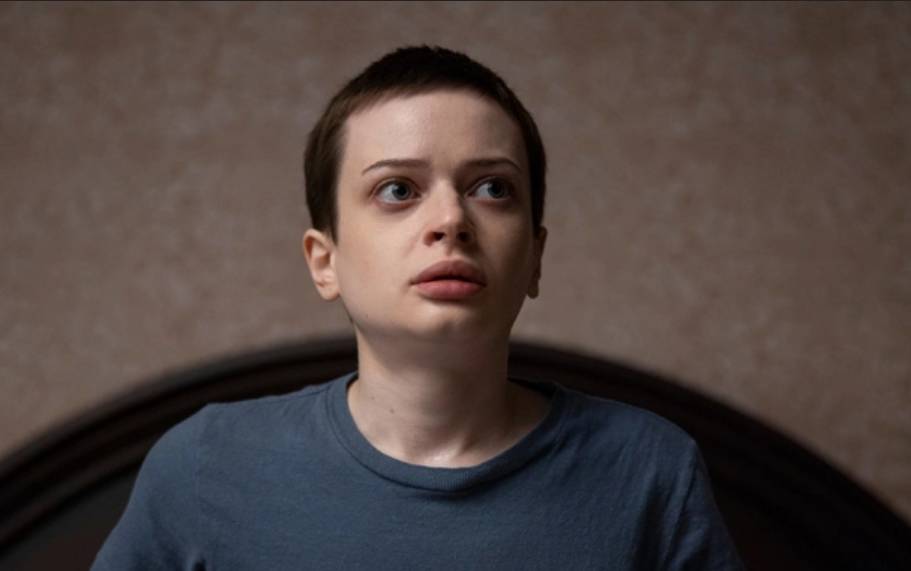Mike Flanagan has recently established himself as one of the signature creators for Netflix and as a generational figure in the horror genre. Despite the fact that his previous series for the streaming service, such as “Midnight Mass” and “The Haunting of Hill House,” have been of varying quality both overall and from episode to episode, they are consistently interesting. Flanagan has recently established himself as one of the signature creators for Netflix and as a generational figure in the horror genre. The fact that he is willing to embrace concepts in conjunction with his scares sets him distinct, perhaps even more so than it should.
The same can be said for “The Midnight Club,” which was co-created by Flanagan and Leah Fong and was based on the work of young adult novelist Christopher Pike. Iman Benson plays the role of Ilonka, a high school salutatorian who is given a terminal cancer diagnosis just before the film’s events. She does research on Brightcliffe, a facility to which her foster father can take her to be placed into hospice care, and she keeps a secret hope that there will be a miracle cure for her there. Ilonka is both a star student and an idealist. The first thing that she discovers is a group of troubled teenagers who get together every time the clock strikes twelve to trade terrifying tales. They all have a morbid nihilism in common, as well as a sense of self-indulgent pleasure in the knowledge that things could be much worse: They could be battling cosmic forces of evil.
It should not come as a surprise when the lines continue to blur, with jump scares making the hospice appear like a portal to more than just the teen imagination. But this much can be said: the stories are well-told, and they conjure a palpable sense of dread that both existed outside of these young people’s predicaments and, unavoidably, curled up alongside them. Other standouts in the cast include Ruth Codd as an Irish immigrant with a prickly exterior covering over vulnerabilities and Chris Sumpter as an HIV-positive teen forced to confront his parents. Ilonka’s mixture of willfully blind hope and genuine fear is a difficult thing to capture, but Benson excels; other standouts in the cast include Chris Sumpter as an HIV-positive teen forced to confront his parents.
The variety of personal experiences shared by the kids has the potential to strike a chord with everyone, but one gets a sneaking suspicion that the most attentive audience for this play will be comprised of high school students with robust constitutions and robust nerves. Much more so than “Stranger Things,” it functions with a kind of teenage emotional logic, with characters and the show itself thumping with the want to speak their minds and be understood on their own terms. This intensity is even more pronounced than in “Stranger Things.” (And, more so than on “Stranger Things,” grownups are a glancing and sporadic presence, with Heather Langenkamp and Zach Gilford playing, respectively, the founding doctor and the nurse practitioner of the hospice.) [Cast members]
But even this adult admired “The Midnight Club” as a relatively complete example of the best of Flanagan’s approach throughout his work for Netflix. This approach involves using horror as a way to investigate the worst things that could happen to somebody, arriving at a place of curiosity and compassion regarding grief and loss. The fact that the characters are mourning their own futures necessitates a level of delicacy that Flanagan and Fong are capable of displaying. In addition, the tragedy must be matched by a terror that is suitably epic and terrifying, and the authors accomplish both of these goals.
